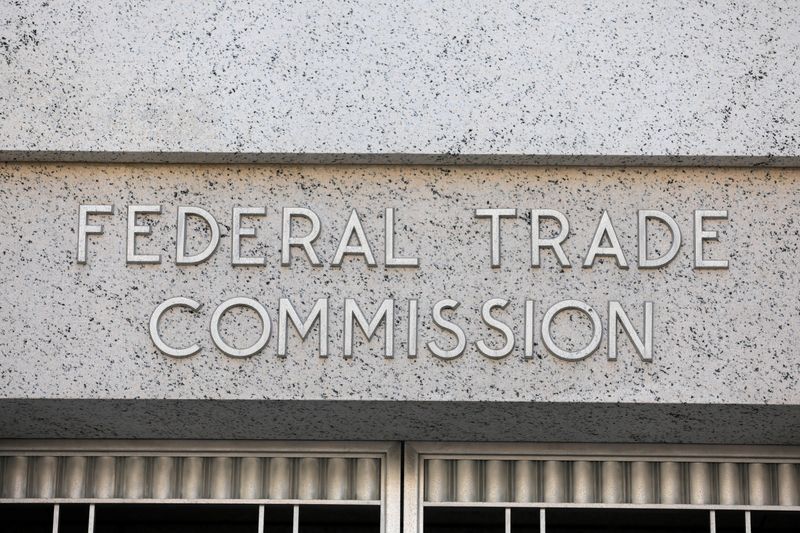By Waylon Cunningham
(Reuters) – A U.S. trade regulator on Friday announced a series of actions targeting “unfair and deceptive practices” it said are illegally imposed on U.S. franchisees by their brand owners, such as demanding new fees not spelled out in franchise contracts, or the use of contract provisions to discourage franchisees from talking to regulators.
The U.S. Federal Trade Commission’s declaration that these practices are illegal did not name specific companies as violating the law, but did take a position on issues that have caused tension in recent years between companies and major brand operators like McDonald’s (NYSE:) and Subway.
“Franchising is an opportunity for Americans to build a business,” FTC Chairman Lina Khan said in a statement. “But the FTC has heard concerns about how unfair practices by franchisors, such as failing to fully disclose fees in advance, go unreported due to fear of retaliation.”
The International Franchise Association, a trade group that speaks on behalf of franchise companies, criticized the FTC’s actions Friday as “at odds with the reality that the vast majority of franchise relationships work and that the franchise continues to grow every year.”
One of the actions the FTC took was to issue a policy statement warning brand owners that it is illegal to discourage franchisees from talking to regulators about unfair practices or potential violations of law through non-disparagement contract clauses. or any threat of retaliation.
In connection with this, the agency said it was asking for a new round of responses from franchisees, brand owners and other stakeholders.
The agency also released new guidelines banning “secret junk fees” — echoing language used to describe hidden fees imposed on consumers — that brand owners charge franchisees but are not written into franchise contracts . For example, the FTC said brand owners sometimes introduced these fees through interim changes to the operating manual, a kind of rulebook that franchisees must adhere to to stay in line with their brand owners.
In response to a request for public comments on franchisors’ business practices last year, the agency received 5,200 comments, including some from McDonald’s franchisees.
The National Owners Association, made up of several hundred McDonald’s franchisees, said in its commentary that “the current climate is dictatorial and there is no room for negotiation” with McDonald’s. The hamburger chain is unilaterally imposing new costs on franchise owners by making changes to McDonald’s operating instructions and then using non-disparagement clauses to silence critics, according to the franchisee advocacy group, which was founded in 2018.
Asked for comment, McDonald’s referred Reuters to the statement from the International Franchise Association.

The FTC said the number of franchise-related complaints filed with the agency had increased significantly over the past three years, citing a U.S. Government Accountability Office analysis published last year.
“Today the Commission makes clear that contractual terms that prohibit franchisees from reporting potential violations of law to the government are unfair, unenforceable, and illegal,” the FTC statement said.


